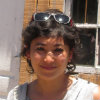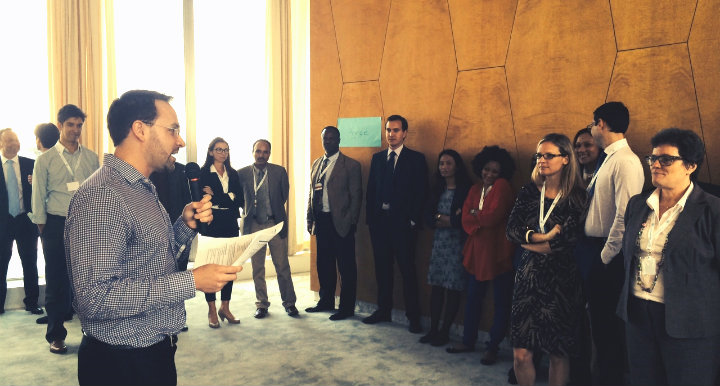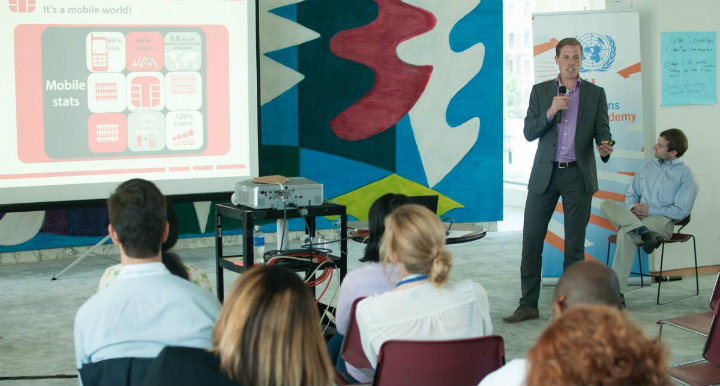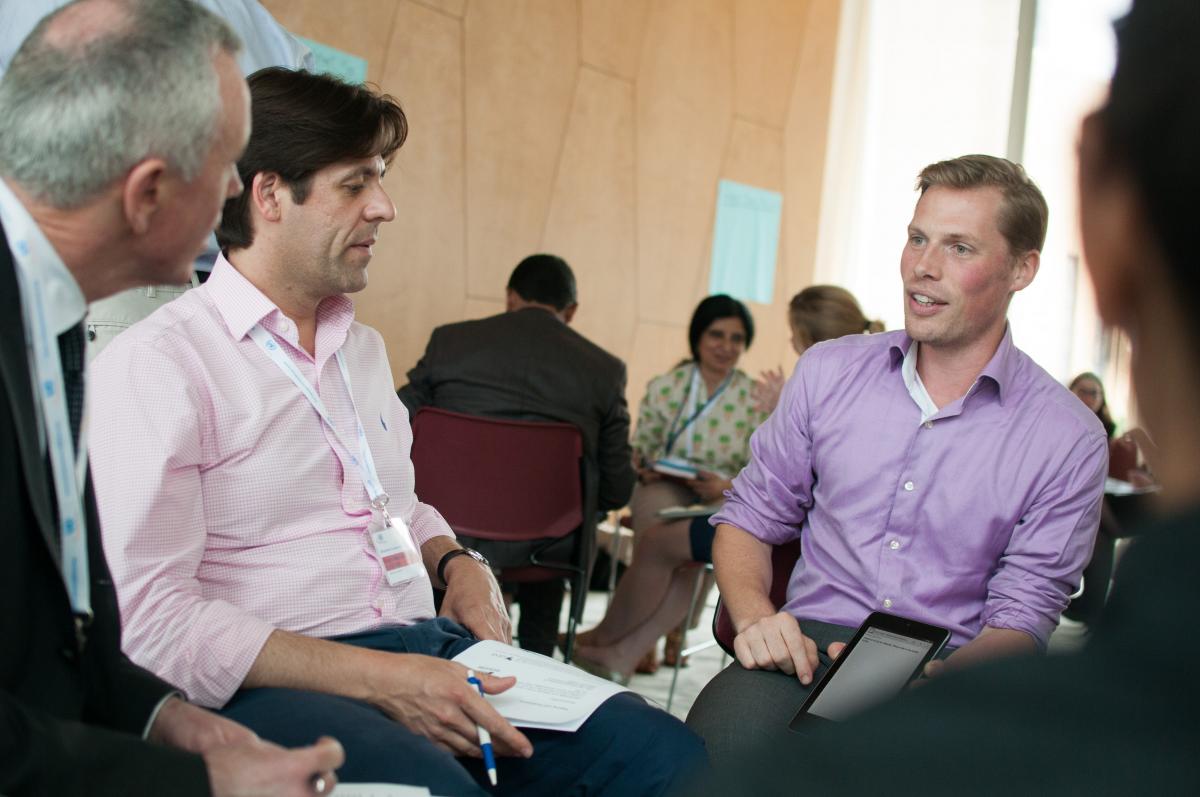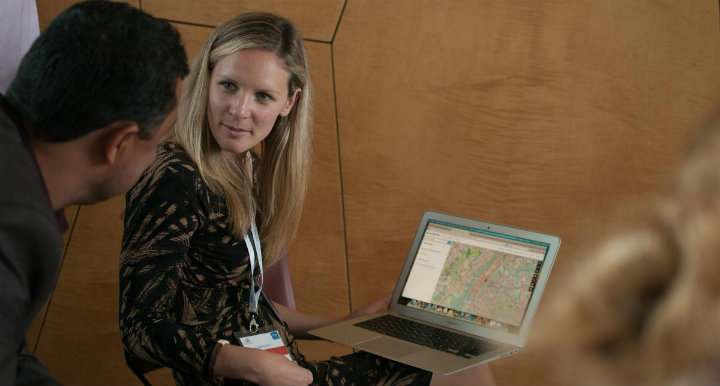This feedback on mhealth concerns a field mission I undertook in July 2014. I visited one of Handicap International Federation’s HIV and disability projects being implemented in the region of Ziguinchor in the South of Senegal. Like many other organisations represented by colleagues in TechChange’s mHealth course, Handicap International is strongly exploring how mHealth can best fit in and with what we can offer not only to our primary focus on people with different impairments (our main targets), but also to various communities confronted with different issues, be they related to development, relief or emergency settings..
I realised that our project was provided with two android phones from CommCare to collect data as a “pilot activity” (not initially designed in our project, but rather as an add-on to our M&E system and tools). The project M&E officer in charge was supposed to learn about how it works and two project community mobilizers were supposed to collect specific information to feed into the beneficiary and activities database.
What happened with this pilot was quite interesting. Given that there was no specific planning or budget assigned to this seemingly exciting additional activity, and after discussions with CommCare, they graciously provided the project with two phones and basic training to the staff. Project staffs started the process of collecting data, but it didn’t work because there was the phones had no credit. So, they added credit and restarted the process of collecting data. Data were entered and things seemed to be on the right track. Knowing this, the M&E specialist in charge wanted to synchronise the system to see how data looked like. It didn’t work. After another brainstorming, the team learned that they had to set other aspects on the phones so that data can reach to the other end. Furthermore, given that this was an “extra activity”, problem-solving was not that fluid with CommCare as it was not the priority of neither party. And barriers continued, to the point that no one really bothered with whether the phones were useful to the project, to the beneficiaries, to the staff, nor to the system.
A few lessons learned from this minuscule pilot trying to use mobile technologies for data collection (and arguably for other aspects of project management and global development):
-
If rationales are well thought through at project inception, it would be important to include planning, budget and dedicated human resources for the utilisation of mHealth within a project.
-
Having “free phones” may not be the best incentive to projects when it is not tied to any specific performance indicators associated to bigger project goals.
-
Excitement about mHealth is insufficient; there needs to also be interest combined with strong planning and field testing, coupled with systematic follow-up from the mHealth provider. This aligns with what mHealth guest speaker Ray Brunsting told us in the course about the importance of a project preparation phase that regularly iterates and progressively constructs what is needed so that the mobile mechanism works smoothly thereafter.
-
Careful, regular, and frequent feedback is needed especially when getting an mHealth program is in its initial phases.
But this experiment didn’t deter us to pursue our desire to use mHealth and mainstream disability. We decided to partner with AMREF (France) which has tremendous experience in using mHealth. This project will start shortly and is going to use mHealth in the context of maternal and child health in Senegal. It will bring the expertise of two different organisations for the benefit of mothers and children, through a specific project, planning and budget, and through disability lens.
All this to say that using mobile phones to promote public health is not that straightforward. However, when we attempt to consider lessons learned and good practices from others, it tends to work better. So thanks so much to TechChange, all participants in the mHealth online course, as well as from our great speakers and facilitators for sharing all the mHealth wisdom
Interested in learning more about mHealth pilot programs and successfully scaled projects across the world? Register now for our mHealth online course which runs from November 17 – December 12, 2014.
About Muriel Mac-Seing
Muriel Mac-Seing is an alumna of TechChange’s Spring 2014 mHealth: Mobile Phones for Public Health online course. For the past 12 years, Muriel Mac-Seing has dedicated her work to community health development in Sub-Sahara Africa and South and South-East Asia, in the areas of HIV and AIDS, sexual and reproductive health, gender-based violence and disability. Currently, she is the HIV and AIDS/Protection Technical Advisor to Handicap International Federation supporting country missions and national programmes to include disability for universal access to HIV and AIDS and protection services for all. She co-chaired the HIV and Disability Task Group of the International Disability and Development Consortium (IDDC) from 2010 to 2012. Since May 2014, she is also a member of the Human Rights Reference Group at the Global Fund to Fight AIDS, Tuberculosis and Malaria. Trained as a nurse, she served an underprivileged and multiethnic clientele in the regions of Montréal, Canada.

